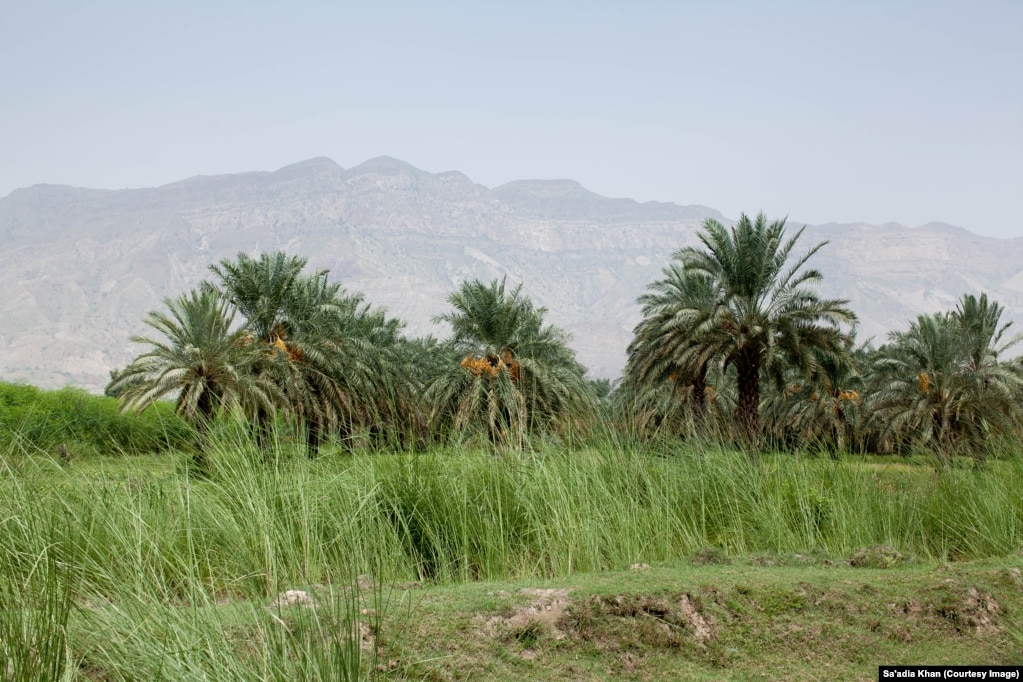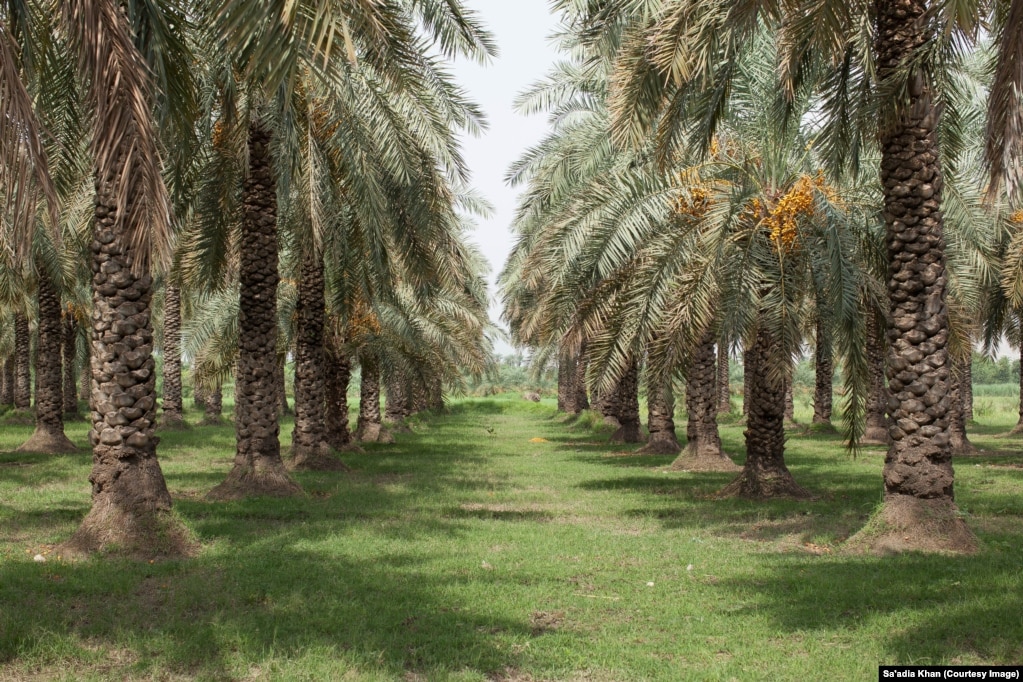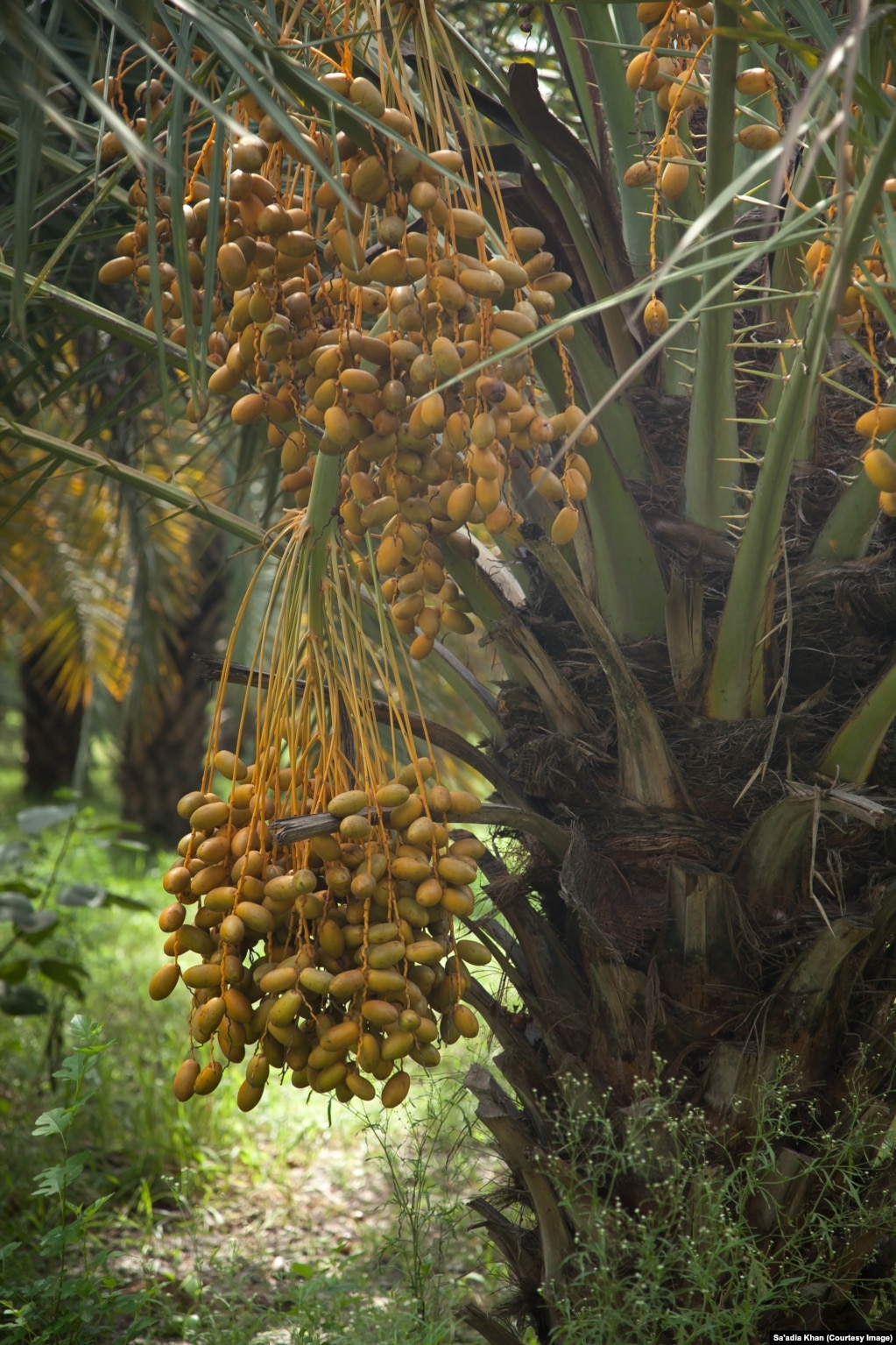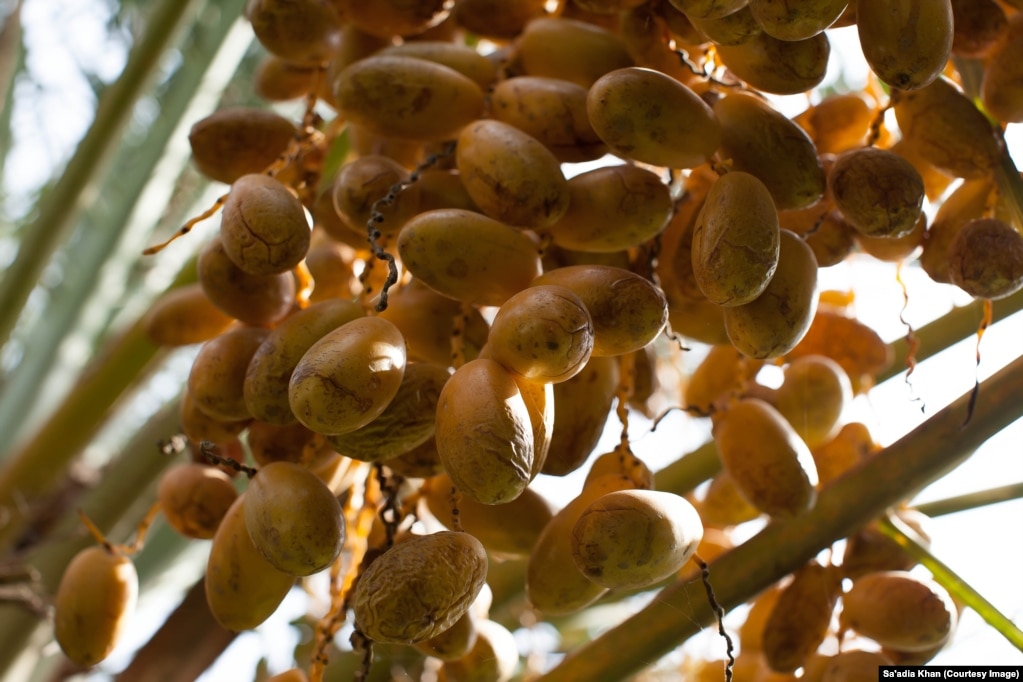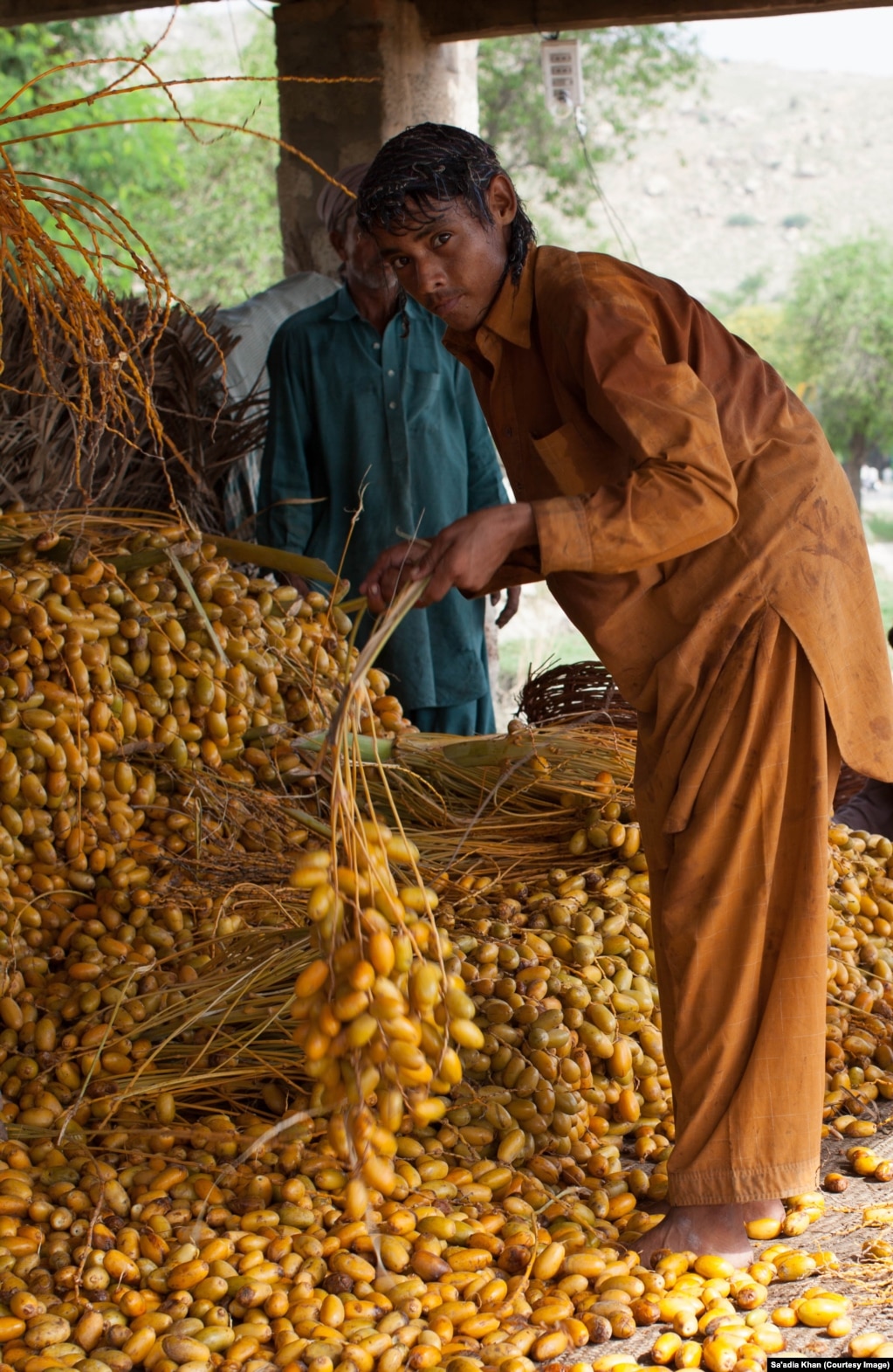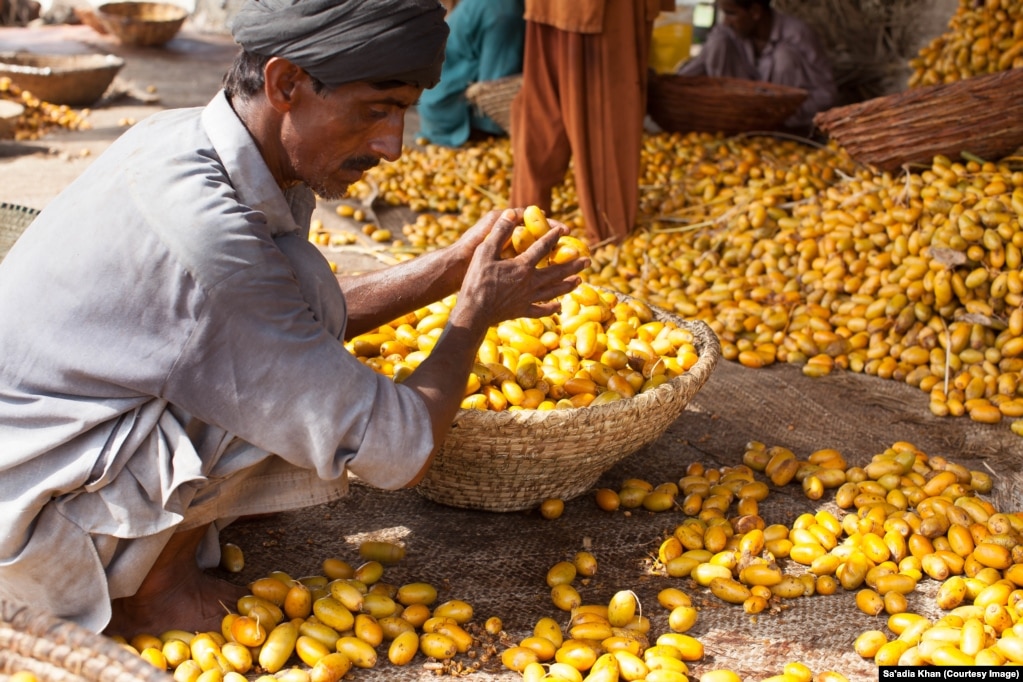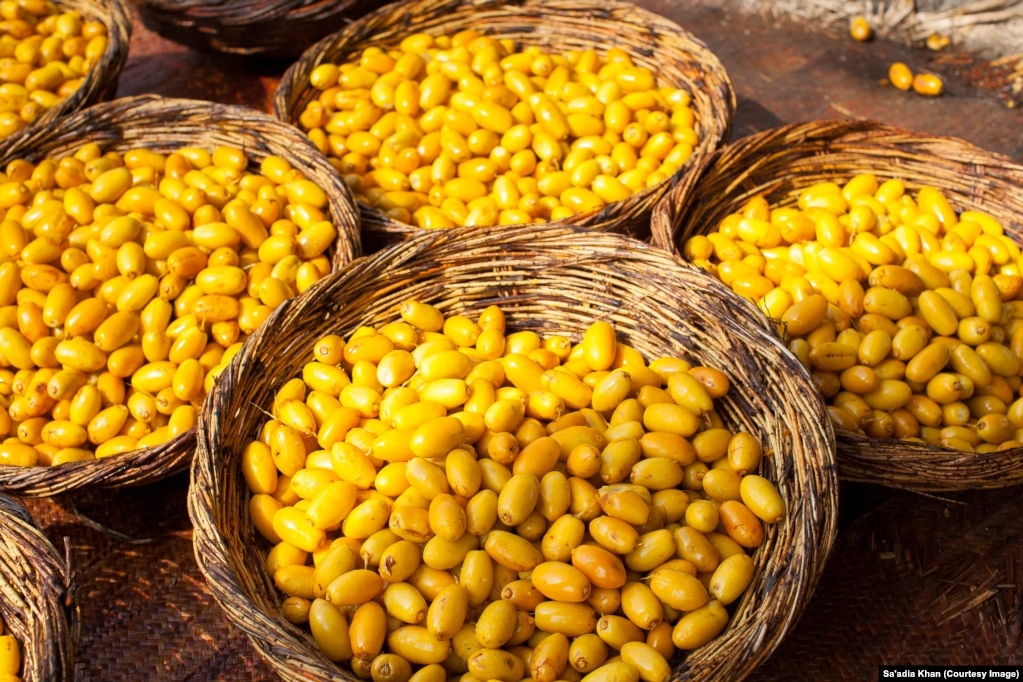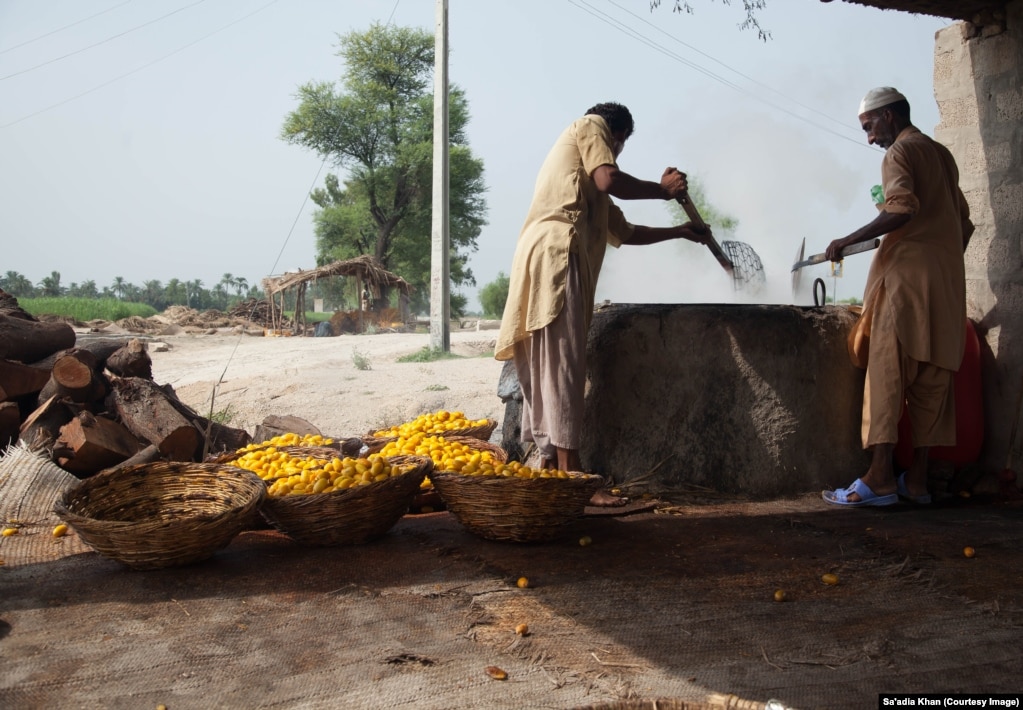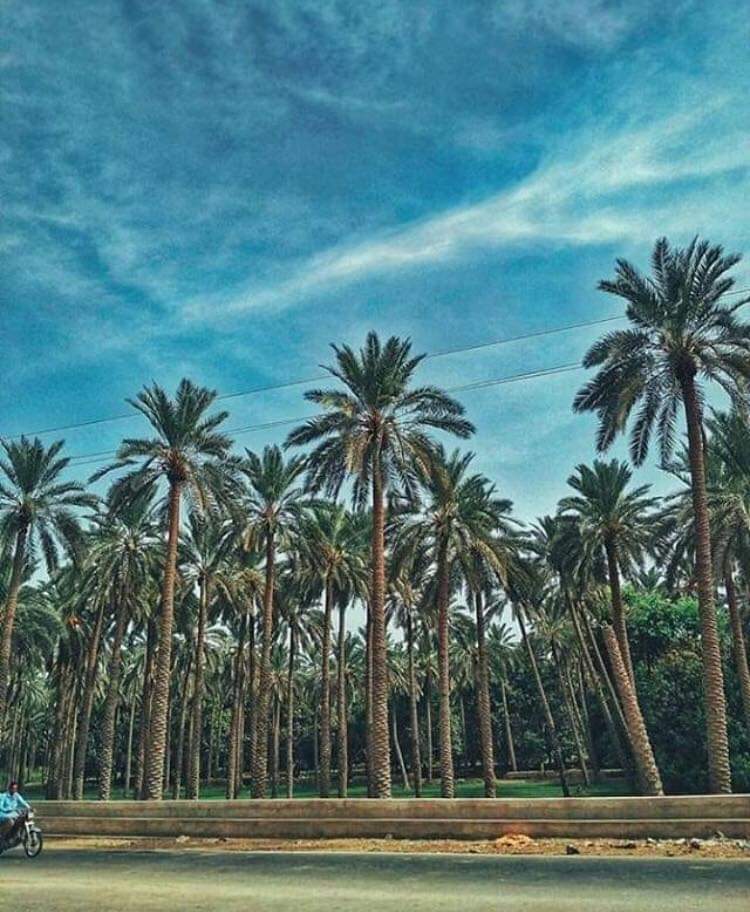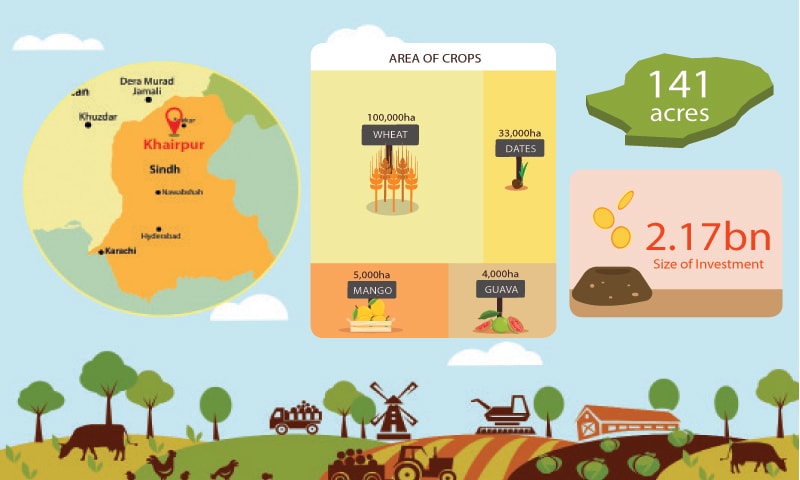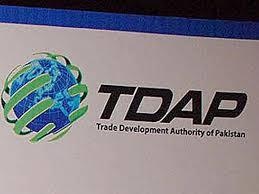ghazi52
PDF THINK TANK: ANALYST

- Joined
- Mar 21, 2007
- Messages
- 101,794
- Reaction score
- 106
- Country
- Location
Dates Production in Pakistan
Pakistan is the only country in South Asia which grows dates on commercial scale. Pakistan produces a large variety of fruits and vegetables almost round the Year. Date production in Pakistan ranks third in fruits and same is the case in case of Exports. . It is one of the largest commercial fruit of Pakistan. The harvesting season for dates starts in July and runs until September.
Date Growing Areas of Pakistan:
Dates are grown in all the four provinces of Pakistan over an area of about 75,000 Hectors.
· Khairpur /Sukkur in Sindh ,
· Turbat /Panjgur in Balochistan, ,
· D I Khan in KPK, and
· Muzaffar Garh & Jhang in Punjab.
Sindh is the largest date producing province followed by Baluchistan, Punjab and Khyber Pakhtunkhwa.
Annual Dates Production of Pakistan:
The annual production of dates in Pakistan is estimated to be between 550,000 to 650,000 metric tons (MT). Sindh contributes around 50 percent of dates produced in Pakistan of which 90 percent comes from the date palms of Khairpur Mirs. Pakistan falls in such an agro-ecological region where dates can grow on a large scale with superior quality.
Dates Varieties of Pakistan
There are more than 160 varieties of dates palm in the country, among them the popular varieties are: Aseel, Zahidi, Fasli, Maazwati, Dhakki, Kharbalian, Begum Jangi, Dagh, Goakna, Tota, Karwan, Hillavi, Khudrawi and Mozawati Gulistan, Jowansur, Lango, Sabzo, Kharuba, Karbala, and Kupro. Aseel of Khairpur, Dhakki of D.I.Kkan and Begum Jangi of Mekran are best of all varieties of dates grown in Pakistan in terms of demand and popularity due to their exotic taste. These varieties have surpassed by none and are matched with Deglet Nour, Zahidi and few others of world most popular dates. Out of these varieties, Sindh contributes around 50% of dates produced in Pakistan.
Province wise Varieties -Fresh & Dried Dates
Pakistan’s commercially important date varieties include
· Aseel, Karbala, Fasli and Kupro of Sindh;
· Muzawati, Begum Jangi, Japan, Swore, Kehraba and Rabai of Balochistan;
· Dhakki and Gulistan of KPK.
Khairpur, Turbat (Makran), and D.I. Khan are major date growing regions in the country.
Global Dates Producers and Pakistan’s standing:
Pakistan follows Iran, Egypt, Iraq and Saudi Arabia on the list of the top dates producing countries in the world with around 11 per cent share of the global production of this fruit. Several varieties are similar to those cultivated in Iraq, Iran and the Gulf countries like Hillawi, Zahdi, Shakeri, Basri etc. Pakistan, especially Sindh is blessed as a major grower and exporter of dates due to its soil and season. Pakistan is the fifth largest date producer as well as fifth largest exporter in the world.
Pakistan Dates Exports
Dates are exported in two forms as either fresh dates or dried dates. Fresh dates are exported to the USA, Canada, France, Bangladesh, Indonesia, Malaysia, Germany etc. and UAE while 90% of dried dates are exported to India via Lahore. Around 95% of the export consists of dried dates and only about 5% is exported in the form of pasteurized fresh dates, which is less than even 1% of the total date production in the country. Over the years, Pakistan has gained significant strength concerning dried dates. India and Bangladesh are two largest importers of Pakistani dry dates. Pakistani dates have a huge national and international market demand
Opportunities for Pakistan in Dates Production?
Although Pakistan currently stands at fifth position in dates producing countries, it can easily improve its position and production by improving farm management, pre-harvesting, harvesting and post harvesting practices. Pakistan has the capacity to supply fully processed high quality dates in various styles, shapes and forms, which include pitted/ un-pitted whole dates, pressed date bricks, date chops, date paste in bulk as well as ready-to distribute small boxes/jars. Importers in other countries continue to buy Pakistani dates only to add value and then re-export. This is value being missed by the country's agri-value chain. Dry dates dominate in the country's exports because of high demand in India. However fresh dates fetch better prices, globally. Through the government support, in the form of financing and date farm infrastructure development, Pakistani dates can fetch handsome foreign exchange.

Pakistan is the only country in South Asia which grows dates on commercial scale. Pakistan produces a large variety of fruits and vegetables almost round the Year. Date production in Pakistan ranks third in fruits and same is the case in case of Exports. . It is one of the largest commercial fruit of Pakistan. The harvesting season for dates starts in July and runs until September.
Date Growing Areas of Pakistan:
Dates are grown in all the four provinces of Pakistan over an area of about 75,000 Hectors.
· Khairpur /Sukkur in Sindh ,
· Turbat /Panjgur in Balochistan, ,
· D I Khan in KPK, and
· Muzaffar Garh & Jhang in Punjab.
Sindh is the largest date producing province followed by Baluchistan, Punjab and Khyber Pakhtunkhwa.
Annual Dates Production of Pakistan:
The annual production of dates in Pakistan is estimated to be between 550,000 to 650,000 metric tons (MT). Sindh contributes around 50 percent of dates produced in Pakistan of which 90 percent comes from the date palms of Khairpur Mirs. Pakistan falls in such an agro-ecological region where dates can grow on a large scale with superior quality.
Dates Varieties of Pakistan
There are more than 160 varieties of dates palm in the country, among them the popular varieties are: Aseel, Zahidi, Fasli, Maazwati, Dhakki, Kharbalian, Begum Jangi, Dagh, Goakna, Tota, Karwan, Hillavi, Khudrawi and Mozawati Gulistan, Jowansur, Lango, Sabzo, Kharuba, Karbala, and Kupro. Aseel of Khairpur, Dhakki of D.I.Kkan and Begum Jangi of Mekran are best of all varieties of dates grown in Pakistan in terms of demand and popularity due to their exotic taste. These varieties have surpassed by none and are matched with Deglet Nour, Zahidi and few others of world most popular dates. Out of these varieties, Sindh contributes around 50% of dates produced in Pakistan.
Province wise Varieties -Fresh & Dried Dates
Pakistan’s commercially important date varieties include
· Aseel, Karbala, Fasli and Kupro of Sindh;
· Muzawati, Begum Jangi, Japan, Swore, Kehraba and Rabai of Balochistan;
· Dhakki and Gulistan of KPK.
Khairpur, Turbat (Makran), and D.I. Khan are major date growing regions in the country.
Global Dates Producers and Pakistan’s standing:
Pakistan follows Iran, Egypt, Iraq and Saudi Arabia on the list of the top dates producing countries in the world with around 11 per cent share of the global production of this fruit. Several varieties are similar to those cultivated in Iraq, Iran and the Gulf countries like Hillawi, Zahdi, Shakeri, Basri etc. Pakistan, especially Sindh is blessed as a major grower and exporter of dates due to its soil and season. Pakistan is the fifth largest date producer as well as fifth largest exporter in the world.
Pakistan Dates Exports
Dates are exported in two forms as either fresh dates or dried dates. Fresh dates are exported to the USA, Canada, France, Bangladesh, Indonesia, Malaysia, Germany etc. and UAE while 90% of dried dates are exported to India via Lahore. Around 95% of the export consists of dried dates and only about 5% is exported in the form of pasteurized fresh dates, which is less than even 1% of the total date production in the country. Over the years, Pakistan has gained significant strength concerning dried dates. India and Bangladesh are two largest importers of Pakistani dry dates. Pakistani dates have a huge national and international market demand
Opportunities for Pakistan in Dates Production?
Although Pakistan currently stands at fifth position in dates producing countries, it can easily improve its position and production by improving farm management, pre-harvesting, harvesting and post harvesting practices. Pakistan has the capacity to supply fully processed high quality dates in various styles, shapes and forms, which include pitted/ un-pitted whole dates, pressed date bricks, date chops, date paste in bulk as well as ready-to distribute small boxes/jars. Importers in other countries continue to buy Pakistani dates only to add value and then re-export. This is value being missed by the country's agri-value chain. Dry dates dominate in the country's exports because of high demand in India. However fresh dates fetch better prices, globally. Through the government support, in the form of financing and date farm infrastructure development, Pakistani dates can fetch handsome foreign exchange.

